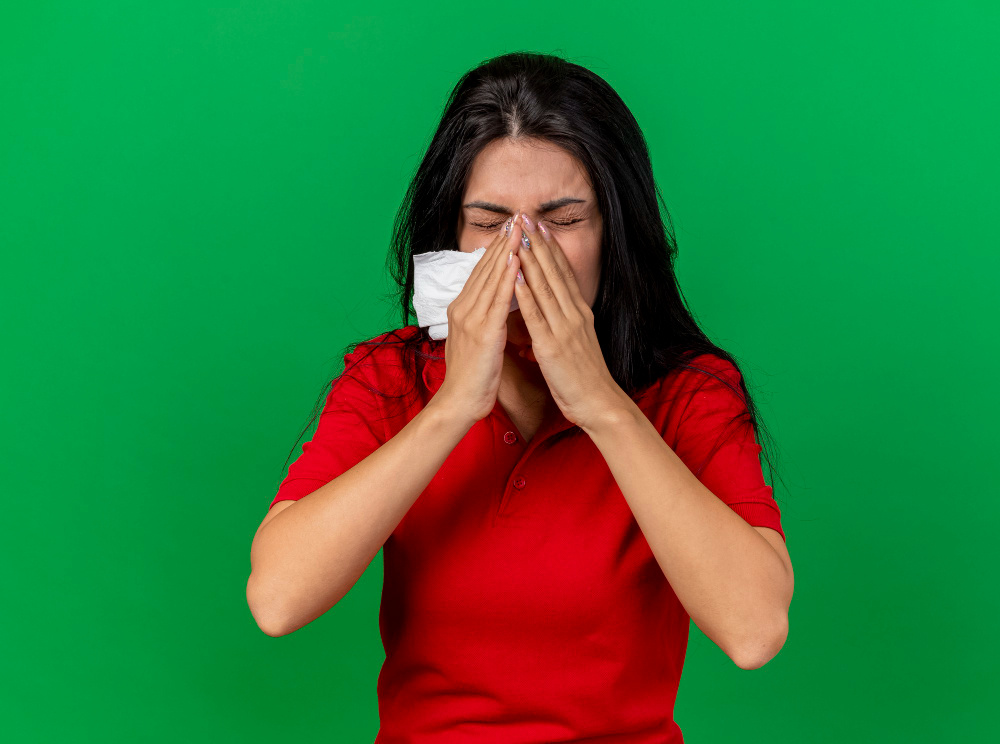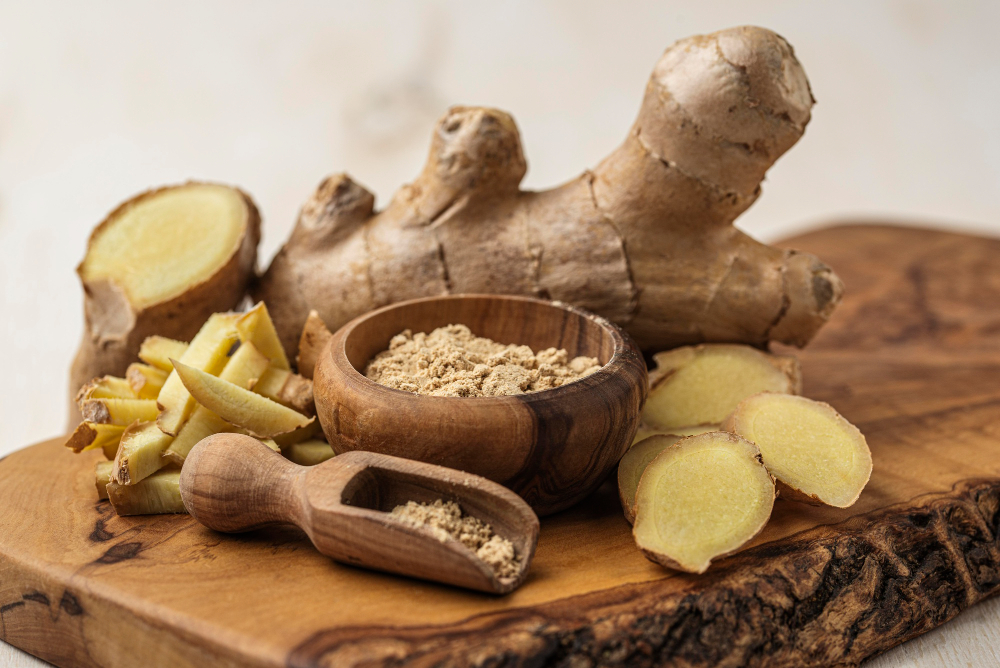A runny nose, also known as rhinorrhea, is a common symptom caused by excess mucus production which often lead people to wonder how to stop runny nose. It can be triggered by colds, allergies, irritants, or infections. While it’s not usually a serious health issue, dealing with a runny nose can be annoying and disruptive. Here, we’ll explore effective remedies on how to stop runny nose, both at home and medically, and answer frequently asked questions about this condition.
Causes of Runny Nose

1. Common Cold or Viral Infection
The most common reason for a runny nose is the common cold. Any viral infection irritates nasal tissues, which then results in excess mucus.
2. Allergies
Allergic rhinitis causes a runny nose along with sneezing and itchy eyes, generally due to allergens such as pollen, dust, or pet dander.
3. Irritants
Irritant exposure to smoke, pollution, or strong odors may irritate the nasal passages, causing overproduction of mucus.
4. Sinus Infections
Sinus infections, or sinusitis, bring about inflammation in the sinuses, leading to a runny nose, congestion, and facial pressure.
5. Weather Changes
Cold, dry weather or sudden temperature changes may also cause a runny nose.
6. Other Medical Conditions
This runny nose may also be due to certain other medical conditions like nonallergic rhinitis, nasal polyps, or structural issues in the nasal passages.
How to stop runny nose : home remedies

1. Stay Hydrated
If you are wondering how to stop runny nose , then Drinking plenty of fluids, thinning mucus to make it easier to expel. Warm liquids such as herbal teas, soups, or broths can be particularly soothing.
2. Saline Nasal Spray
Another effective way of how to stop runny nose is saline spray,Saline sprays will help moisturize and clean out nasal passages, flush irritants and allergens from the nostrils. Use a neti pot to rinse your nasal passages with saline solution.
3. Steam Therapy
Steam inhalation helps reduce nasal inflammation and loosen mucus for home remedies of how to stop runny nose. Fill a bowl with boiling water, lean over the bowl with a towel over your head, and breathe for 10 minutes. Use essential oils such as eucalyptus or peppermint to enhance effect.
4. Rest and Elevate Head

Getting enough sleep allows your body to recover. Sleeping on an elevated head also reduces nasal drainage and is less irritating to the throat.
5. Humidifier
Dry air can exacerbate nasal conditions. Use a humidifier for optimal humidity levels, especially during winter months.
6. Warm and Spicy Foods
Spicy foods like ginger, garlic, or chili peppers can temporarily relieve a runny nose by thinning mucus and promoting drainage.
7. Honey and Ginger

A mixture of honey and ginger can soothe nasal irritation and boost immunity. Consume a teaspoon of this mixture a few times a day for relief.
8. Avoid Triggers
Identify and avoid irritants or allergens that could be causing your symptoms. Keep your surroundings clean and minimize exposure to dust or smoke.
Over-the-Counter Remedies
1. Antihistamines
if your runny nose is caused by allergies, antihistamines like cetirizine, loratadine, or diphenhydramine can reduce symptoms by blocking histamine release.
2. Decongestants
Decongestant nasal sprays or oral medications such as pseudoephedrine can reduce swollen nasal tissues and decrease mucus production. However, nasal sprays should not be used for more than 3 consecutive days to avoid rebound congestion.
3. Nasal Steroids
For chronic nasal inflammation, nasal steroid sprays such as fluticasone or budesonide can decrease swelling and mucus production.
4. Zinc Supplements
Zinc lozenges or supplements can boost your immune system and may shorten the duration of a cold.
When to See a Doctor
A runny nose is often harmless and resolves on its own. However, seek medical attention if: – The symptoms last more than 10 days without improvement.- Mucus is thick, yellow or green, with facial pain; this is an indication of a sinus infection.- You have a high fever.- You have trouble breathing or significant swelling of the nose.- You feel that there may be a foreign object in the nose; this often occurs in children.
Prevention Tips
Maintain Good Hygiene: Frequently wash your hands to avoid contracting colds or infections.
Boost Immunity: Have a balanced diet, work out, and get enough sleep to help strengthen your immune system.
Use Protective Gear: Wear masks or avoid outdoor exposure when seasons of allergy or a polluted environment occur. Dress warmly during cold weather as that can irritate your nasal passages.
Conclusion
Running noses really are an irritating side, and these symptoms can be successfully and wisely managed with proper remediation and care. From simple home remedies on how to stop runny nose staying hydrated and using steam therapy to over-the-counter treatments like antihistamines, there are many ways to relieve nasal discomfort. It’s also essential to address the underlying cause, whether it’s allergies, a cold, or environmental factors. With the tips provided here, you’ll be better equipped to handle a runny nose and keep it from disrupting your daily life.
FAQs on how to stop runny nose
1. Can a runny nose be stopped instantly?
Stopping a runny nose instantly is not always possible, but certain remedies on how to stop runny nose using a decongestant spray or antihistamines can provide quick relief. Steam inhalation and applying a warm compress can also reduce symptoms temporarily.
2. Is a runny nose contagious?
A runny nose that is viral in origin, such as the common cold or influenza, is contagious. However, a runny nose because of allergies or irritants is not contagious.
3. Can diet help relieve a runny nose?
The mucus can be thinned easily by warm and spicy food, and it aids easy drainage from the nasal side. Even more crucial is staying hydrated; having foods that are of nature as immune-boosters in them, such as oranges, garlic, or ginger.







